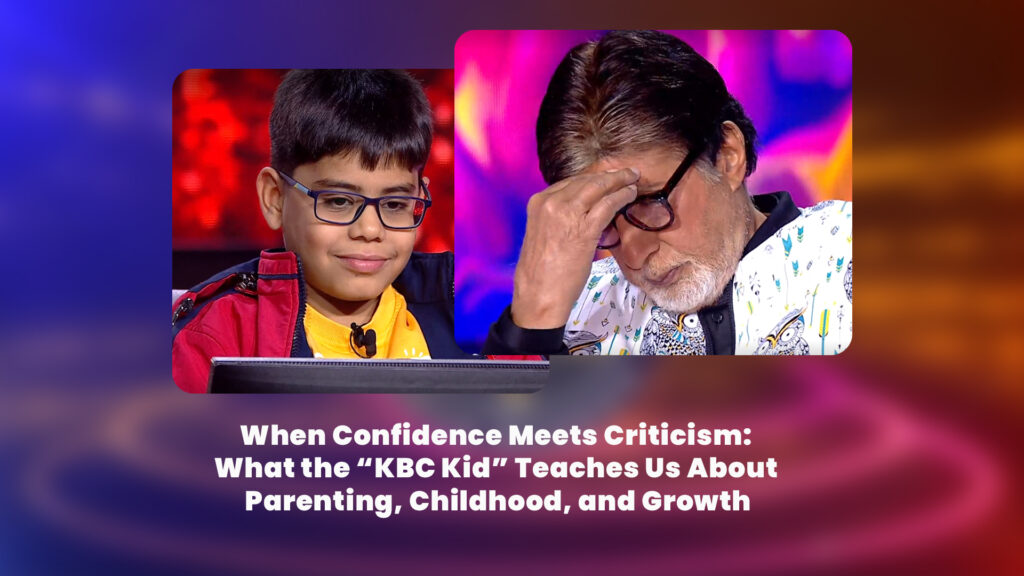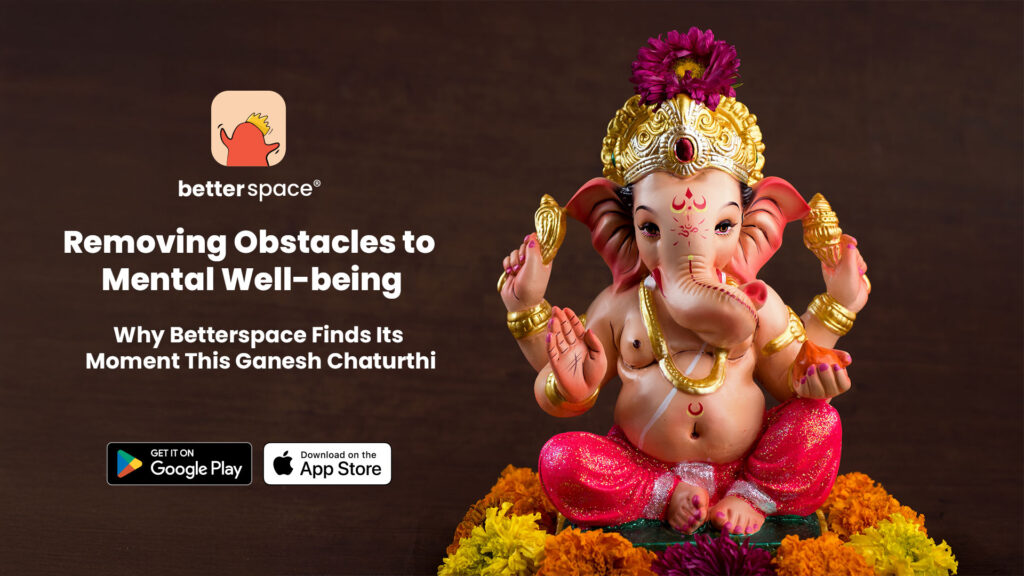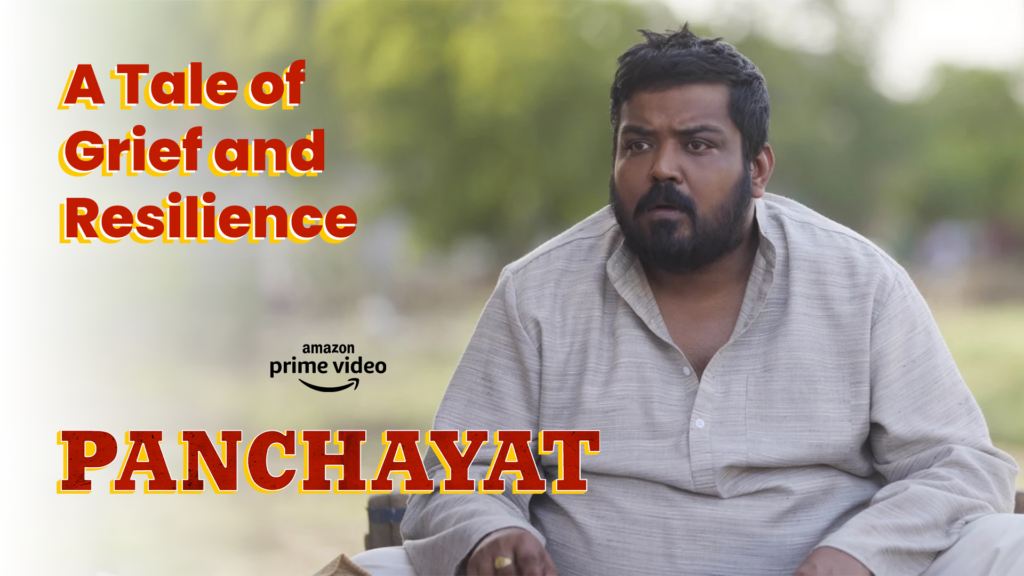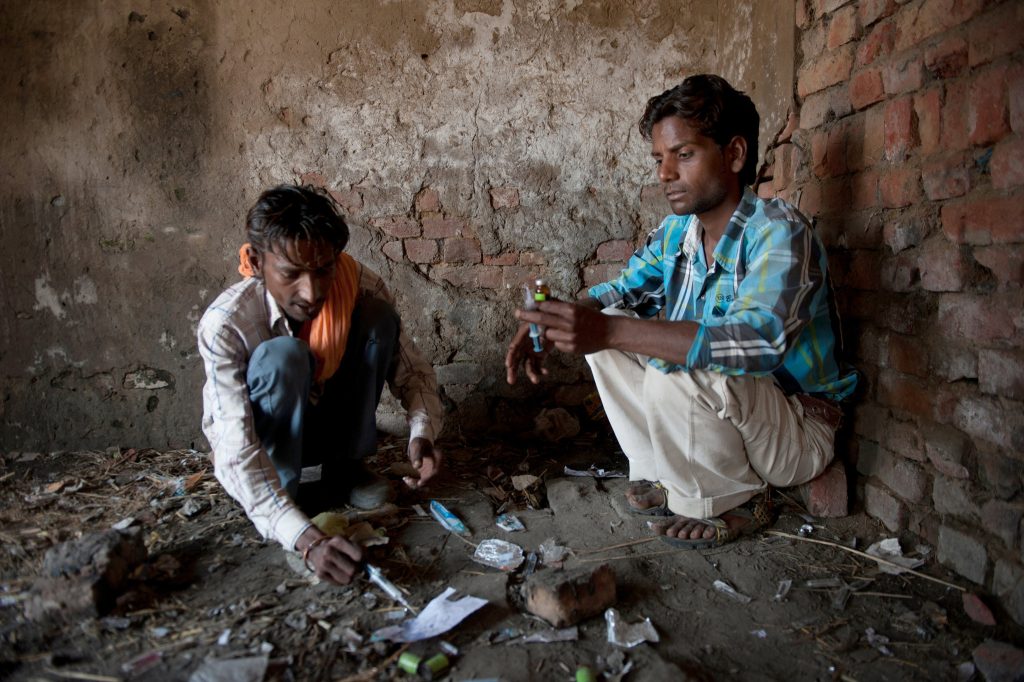Aamir Khan Mental Health Confession: A Bold Wake-Up Call for India’s Emotional Crisis
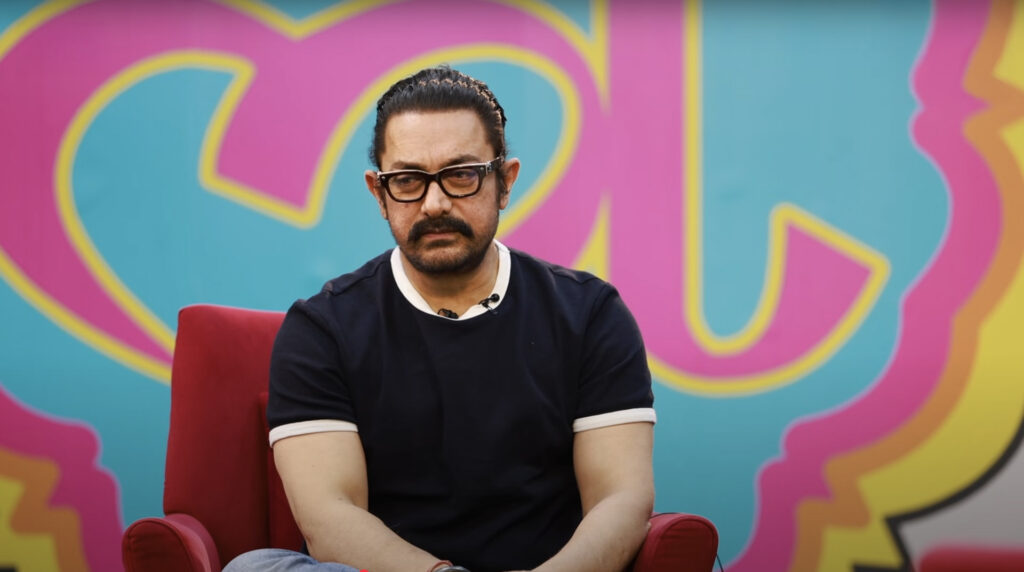
Aamir Khan mental health is now more than a trending search—it’s a moment of collective reflection. The Bollywood icon’s deeply personal interview with The Lallantop unveiled a side of him the public rarely sees. After his divorce from Reena Dutta, Aamir admitted: “I drank every day. I would lose consciousness. I was trying to kill myself.”
That confession shook India. It made one thing clear: mental health doesn’t care about status, stardom, or success. It can affect anyone—silently, profoundly, and often invisibly.
In a country where talking about emotions is often seen as a sign of weakness, Aamir’s vulnerability sparked a much-needed conversation. And it couldn’t have come at a better time.
Aamir Khan’s Story: The Man Behind the Mask
Aamir Khan’s divorce in 2002 wasn’t just the end of a relationship. For him, it felt like the collapse of his emotional world. Despite his professional accomplishments—being awarded “Man of the Year” and starring in successful films—he spiraled into emotional chaos.
He turned to alcohol, socially isolated himself, and battled suicidal ideation for over a year. In his words, “I would pass out every night—not sleep. I drank because I couldn’t cope.”
This confession resonates with thousands of Indians who silently struggle with pain behind closed doors. But the difference is, Aamir spoke up.
India’s Mental Health Crisis: A Closer Look
Mental health in India is a growing crisis—and most of us are still hesitant to talk about it. Here’s what the numbers show:
-
Over 150 million Indians need mental health care.
-
Fewer than 30 million actively seek help.
-
There’s just 0.75 psychologists per 100,000 people, compared to a recommended ratio of 3:100,000.
-
75% of mental illnesses go untreated due to stigma, affordability, and lack of access.
India may be growing economically, but emotionally, many of us are breaking.
Mental Health in the Workplace: The Quiet Burnout
Let’s bring this into the context of our daily lives—work. While Aamir’s pain was personal, many working professionals in India experience similar mental strain, especially in high-stress corporate environments.
Here’s the harsh truth:
-
48% of Indian employees report poor mental health.
-
62% suffer from burnout, significantly higher than the global average.
-
₹1.1 trillion is lost annually to mental health-related productivity loss.
Yet, employees hesitate to admit they’re struggling—fearing judgment, job insecurity, or being labeled as “weak.”
The Role of Stigma: Why We Stay Silent
Why don’t we speak up like Aamir did?
Because we’re conditioned not to.
From childhood, we’re taught to “man up,” “stay strong,” or “don’t cry.” Emotional honesty is often confused with instability. Mental health isn’t discussed in schools, homes, or even most medical setups.
In workplaces, employees feel pressure to perform at the cost of personal peace. Mental health support, if available at all, is often generic, impersonal, or inaccessible.
Betterspace: Breaking the Silence, One Conversation at a Time
This is where Betterspace comes in. India’s first integrated platform tackling mental health, sexuality, and disability, Betterspace was founded to bridge the massive treatment and awareness gap in the country.
Here’s what makes them different:
✅ Tech Meets Therapy
-
Rooh, a 24/7 AI chatbot, offers instant mental health guidance.
-
Users can access confidential therapy sessions—both in-person and online.
-
Customized wellness plans based on life stage, profession, or stress level.
✅ For Everyone, Everywhere
-
Whether you’re a student, employee, parent, or teacher, Betterspace has structured programs.
-
They work with schools, colleges, corporates, and healthcare centers to embed mental health into everyday life.
✅ For Workplaces That Want Real Change
-
Confidential EAPs (Employee Assistance Programs).
-
POSH training for safer work environments.
-
Stress management workshops and leadership mental health training.
-
Real-time usage analytics to track improvement and ROI.
Betterspace isn’t just offering therapy—they’re creating a culture shift.
Why Aamir’s Story Matters So Much
Because it tells us something crucial: even people who seem fine might not feel fine.
It teaches us that:
-
Mental health challenges are human, not shameful.
-
Seeking help is a sign of strength, not failure.
-
There’s no “type” of person who struggles—it can happen to anyone.
By speaking out, Aamir gave thousands permission to feel, to talk, and most importantly—to heal.
What You Can Do Right Now
🧘 For Yourself:
-
Talk to someone you trust.
-
Book a therapy session—even one session can help.
-
Try journaling, movement, or breathwork.
-
Don’t wait until things get worse.
🧑🤝🧑 For Others:
-
Check in with friends or coworkers who seem “quiet.”
-
Listen without advice. Sometimes, people just need to be heard.
-
Share resources like Betterspace with your network.
Final Thoughts: Healing Starts with One Conversation
The Aamir Khan mental health story isn’t just a celebrity confession—it’s a wake-up call for all of us. If someone with the world at his feet can feel broken inside, it reminds us that we’re all human.
And that’s exactly why we need to create safer spaces to talk, to feel, and to heal. Platforms like Betterspace are not just helping individuals—they’re starting a quiet revolution.
It’s time we make mental health a daily priority, not a hidden struggle.

